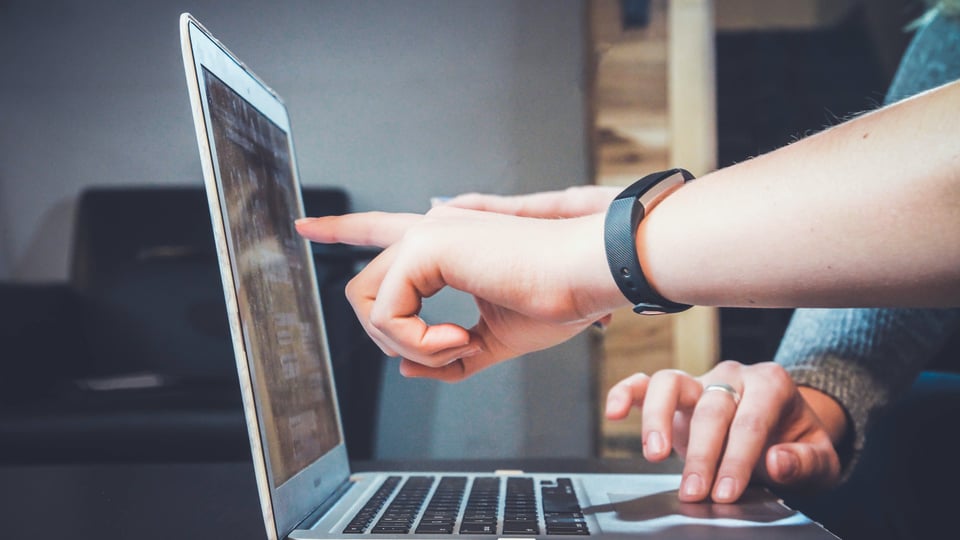How to protect your body and mind from too much Screentime

Over the past year (yes it really has been a whole year since universities had to take teaching online), students have had to adapt extraordinarily to massive amounts of screen time.
Not only are we already a screen-dependent generation, with studies indicating that the average Gen Z individual spends 3 hours scrolling through and interacting with social media , but now we also spend most of our study time online too.
The use of platforms such as Zoom, Microsoft Teams, and Google Meet, has undoubtedly been helpful in this odd and sudden transition. However, many students have complained about the harmful effects that such large amounts of time staring at the screen can cause. Dry and irritated eyes, headaches, backaches, the list is long...
Here are the top three tips for preserving your health during this period.
- Get yourself some screen glasses!
Ever wished you could wear clear glasses because they look cool? Well guess what, we should all be wearing screen glasses. In most cases these glasses are clear and prescription free (although you can get them with a prescription for an added price). This means that anyone can wear them, even if your vision is impeccable! In fact, if your vision is great it is even better to get these specs which will protect your eyes by filtering the blue light that comes from screens and that is harmful to our eyes.
- No screens one hour before and after you wake up.
I know that for most of us, after waking up, the first thing we do is roll over, reach for our phones, and spend the next few minutes (or hours), reading the news, catching up on trends, and answering messages and emails. However, studies have proven that looking at your phone after you’ve just woken up, and especially just before you go to bed, is actually detrimental to your sleep health . Start off small, ten minutes, fifteen minutes, thirty, until eventually you hit an hour before bed. This will help you sleep better and feel less anxious. What to do instead? Read a book, do some colouring in, play a card game, or listen to an audiobook.
- Take breaks.
Yes, it is hard to tear yourself away from work when you’re in a good, productive rhythm; but more often than not, we spend more time scrolling through miscellaneous files, getting distracted by messages, or going down infinite wikipedia wormholes. Instead of procrastinating at the screen, try taking a 5-10 minute break every hour while you’re working . Physically distance yourself from your computer, phone and TV, and use the time in some other way. Make some tea, stretch, do fifty squats, water and have a chat with your plants, ask your flatmates how they’re doing, paint your nails, flick through a magazine… the choices are endless!
Although you can easily incorporate these health measures into your daily life, it is also important to remember that your health comes before anything else; so if you feel like you’re really struggling with screen overloads, make sure to tell your tutors and academic advisors!



